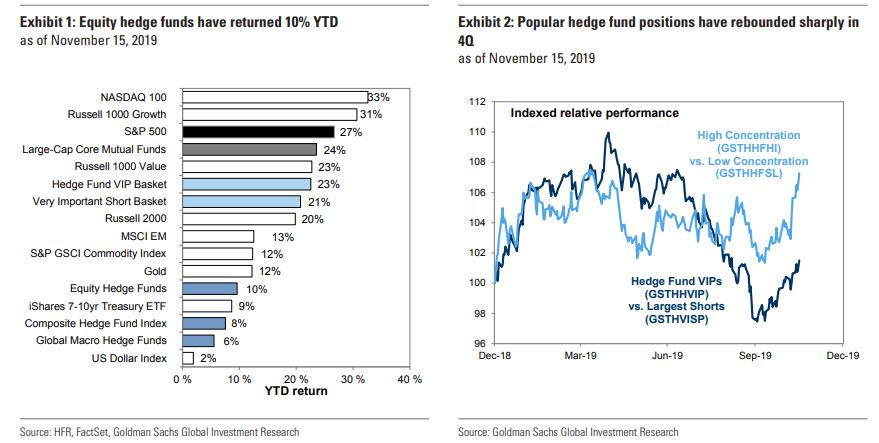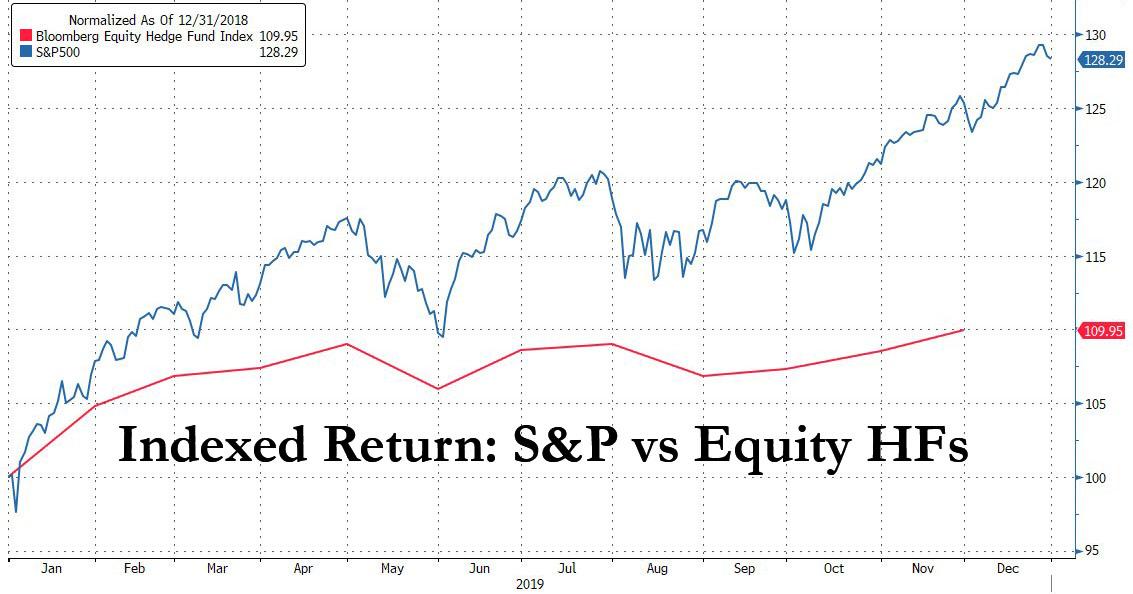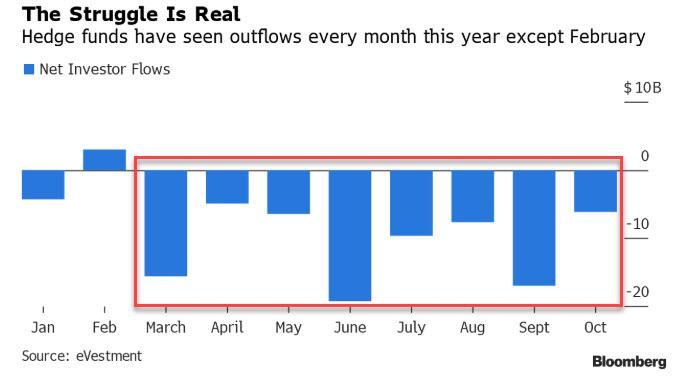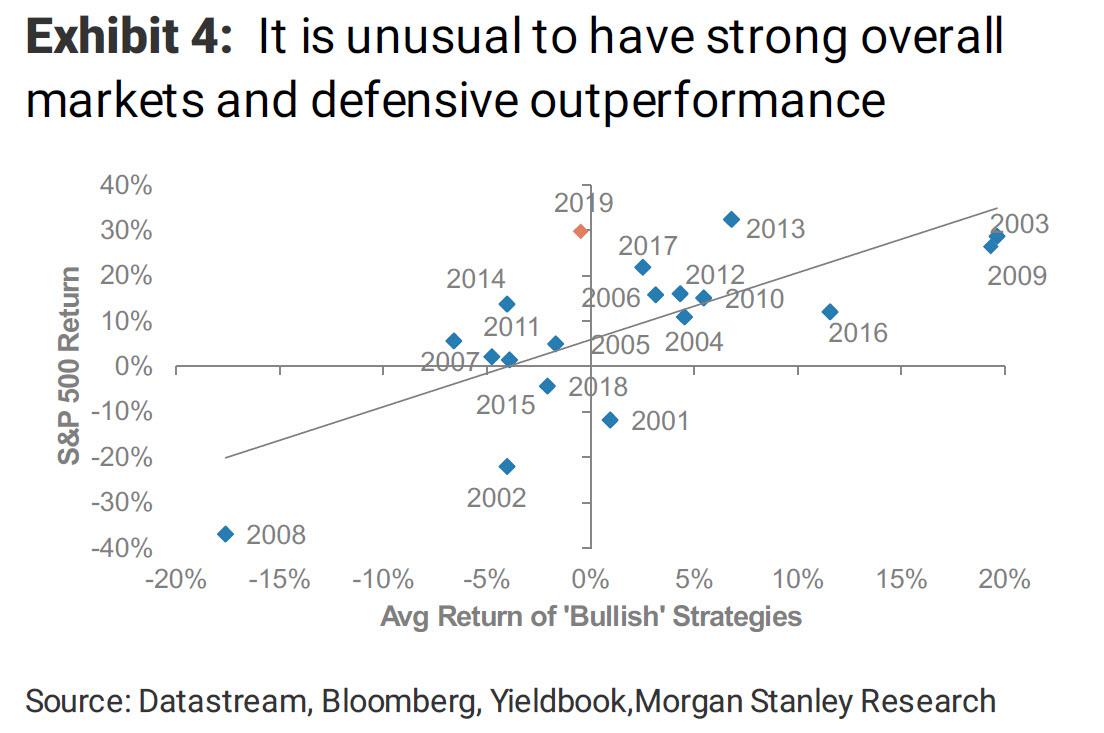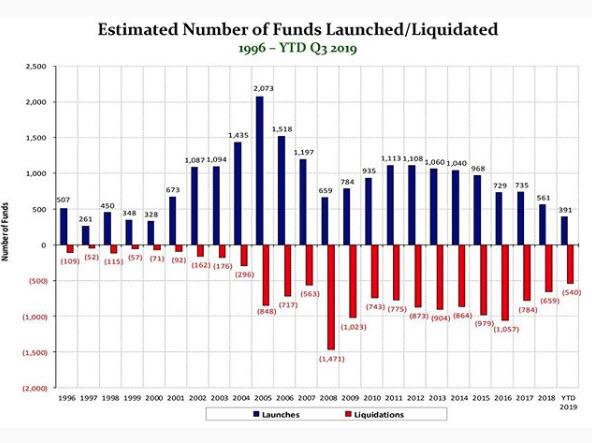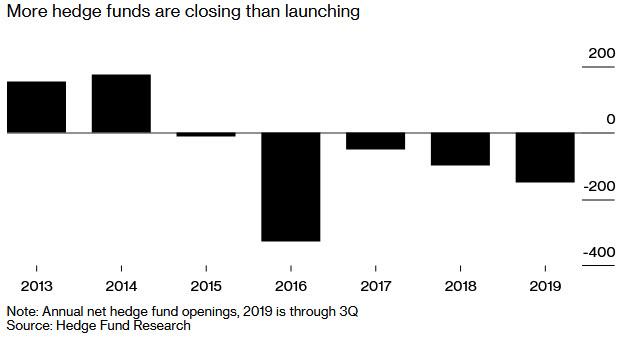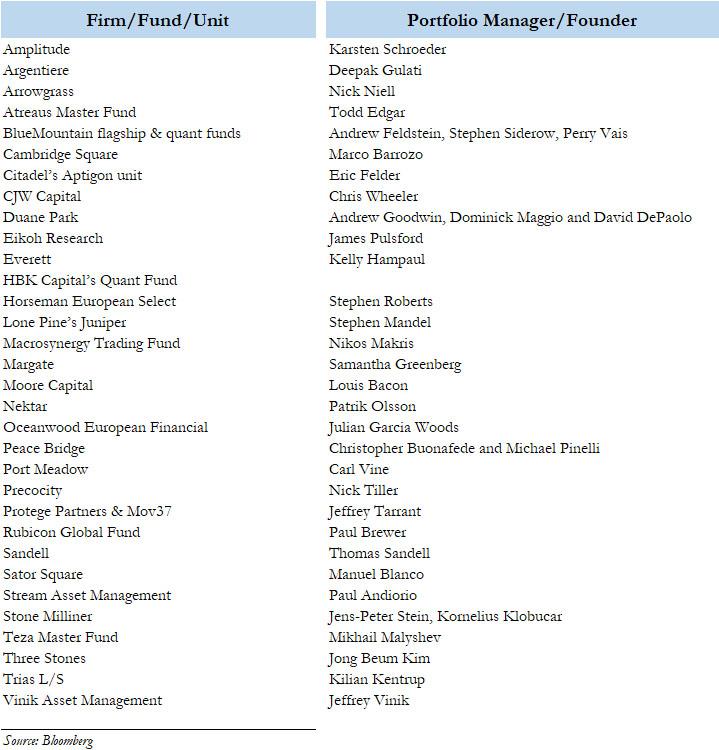Virginia is the latest state to consider sweeping state-level housing reform. A new bill would legalize duplexes on residential land statewide, making the Old Dominion the third state, after Oregon and California, to essentially abolish single-family zoning.
Urbanists have praised the bill as a great way to produce more (and more affordable) housing in high-demand areas. Some conservative critics meanwhile warn that legalizing two-unit homes is just the opening shot in the war on suburbia.
“Across the country, there is a shortage of affordable units that is putting a squeeze on working families and contributing to rises in rents for existing units,” tweeted Del. Ibraheem Samirah (D–Fairfax), the duplex bill’s author. “Unfortunately, the kind of dense ‘middle housing’ that could be built to alleviate the shortage is banned on most lots.”
Samirah’s legislation, H.B. 152, is pretty straightforward. It would require Virginia’s local zoning ordinances to allow two-family homes on all land that’s currently zoned to permit only single-family homes. Localities would also be forbidden from demanding that new duplexes obtain special use permits or meet other conditions that aren’t also required of single-family dwellings.
The bill still allows counties and cities to determine setback, design, and environmental standards for new housing. It explicitly states that it would not prevent local authorities from permitting new single-family homes—they just can’t outlaw duplexes.
H.B. 152 is part of a package of housing bills introduced by Samirah, including one, H.B. 151, that would legalize accessory dwelling units (ADUs)—sometimes known as in-law suites or granny flats—on single-family lots as well.
California passed a bill this year that allows homeowners statewide to build up to two ADUs on their property, effectively eliminating single-family zoning. An Oregon bill similarly made it legal to build duplexes on single-family-zoned land in cities of 10,000 or more people, and four-unit dwellings on single-family plots in cities of 25,000 or more.
Legalizing duplexes across the state could see some especially high-cost areas add a lot of new housing, says Emily Hamilton, a housing policy researcher at George Mason University’s Mercatus Center.
“I think it will have the biggest effect in localities where a lot of single-family homes are being torn down and replaced by fancier, new, larger single-family homes,” says Hamilton, citing the Northern Virginia communities of Arlington, McClean, and Falls Church as examples. “In many, or perhaps most cases, rather than build a new very expensive single-family home, we’d see those [duplexes] built as homes.”
Building a duplex or townhome could allow a developer to sell each unit for less than a single-family home while still making more on the lot as whole, she points out.
Two-unit homes in high-demand areas would still be pretty expensive, Hamilton tells Reason. But they’d nevertheless be adding housing supply to these desirable neighborhoods, freeing up housing in less desirable areas for lower-income renters and homebuyers.
Supporters of the bill have touted other possible progressive outcomes from H.B. 152.
Alex Baca, a housing program organizer for Greater Greater Washington, told CityLab that zoning has been “a tool for wealthy white communities to maintain segregated neighborhoods” and that eliminating single-family zoning would be a boon to racial equity.
Samirah himself has called single-family zoning the modern equivalent of “redlining“, arguing the kind of middle housing his bill would legalize would be more affordable to lower-income people and people of color.
He has also pitched his duplex bill as an environmental measure, writing that “upzoning would make it easier to cluster around environmentally-friendly transit options.”
Some Republican officials and conservative media have seized on such statements to paint H.B. 152 as an assault on the suburban lifestyle.
Samirah’s bill amounts “a power-grab to take away the ability of local communities to establish their own zoning practices…literally trying to change the character of our communities,” Fairfax County Republican Committee Chairman Tim Hannigan told the Daily Caller.
That Caller article, written by Luke Rosiak, warned that H.B. 152 will “quickly transform the suburban lifestyle enjoyed by millions, permitting duplexes to be built on suburban lots in neighborhoods previously consisting of quiet streets and open green spaces.” In subsequent comments on Twitter, Rosiak denounced “soy boy urban (central) planners” who failed to appreciate either the “nature” and”rugged individuality” that current single-family zoning enables.
At Vox, Matt Yglesias chalks up the conservative reaction to Samirah’s bill to the left-wing language the delegate has used to pitch it.
“Rhetorical strategies designed to overcome left-wing opposition to useful market-oriented policies can backfire by provoking conservative opposition to them,” writes Yglesias. “It’s an example of how almost all politics is, at some level, identity politics.”
That kind of talk, he says, might be suitable for selling upzoning to Bay Area progressives, but it’s counterproductive in more purple Virginia.
It’s an interesting idea, but I’m not sure it’s right, given how readily people of all ideological stripes have seized on the “our communities are under siege” line to oppose legislation that increases density.
Berkeley Mayor Jesse Arreguín, no one’s idea of a conservative, has dubbed California’s state-led upzoning efforts “a declaration of war against our neighborhoods.” Activists from San Francisco to Seattle have fought density-increasing bills on the grounds that they would allegedly displace, not help, low-income people of color.
Sometimes conservative-leaning upzoning opponents will even adopt progressive talking points to argue against greater density. Beverly Hills’ Republican mayor, for example, has called state-level upzoning proposals “a flawed Reaganomics trickle-down theory of market economics.”
That’s because self-interest, not ideology, explains most opposition to housing reform.
Local governments, whether controlled by Team Red or Team Blue, don’t like losing power. Homeowners who have a financial stake in limiting new housing supply don’t like to see land use decisions removed from a part of the government that they have more influence over.
If H.B. 152 were intended as a weapon to destroy Virginians’ cherished suburban lifestyle, Hamilton notes, it wouldn’t be a very good one.
“I don’t think the bills would be an effective war on suburbia,” she says. “It won’t make sense to tear down single-family homes in the vast majority of cases. It’s limited to very expensive localities where this makes sense.”
Indeed, by preserving design and setback regulations, Samirah’s legislation will leave localities with a lot of tools to thwart new duplexes and ADUs from being built.
But the bill’s potential to add more housing supply, and to enhance landowners’ property rights, still makes it a worthwhile effort. It’s also a sign that sensible housing reforms first adopted by a few select states may be starting to go national.

from Latest – Reason.com https://ift.tt/2spJB0d
via IFTTT



